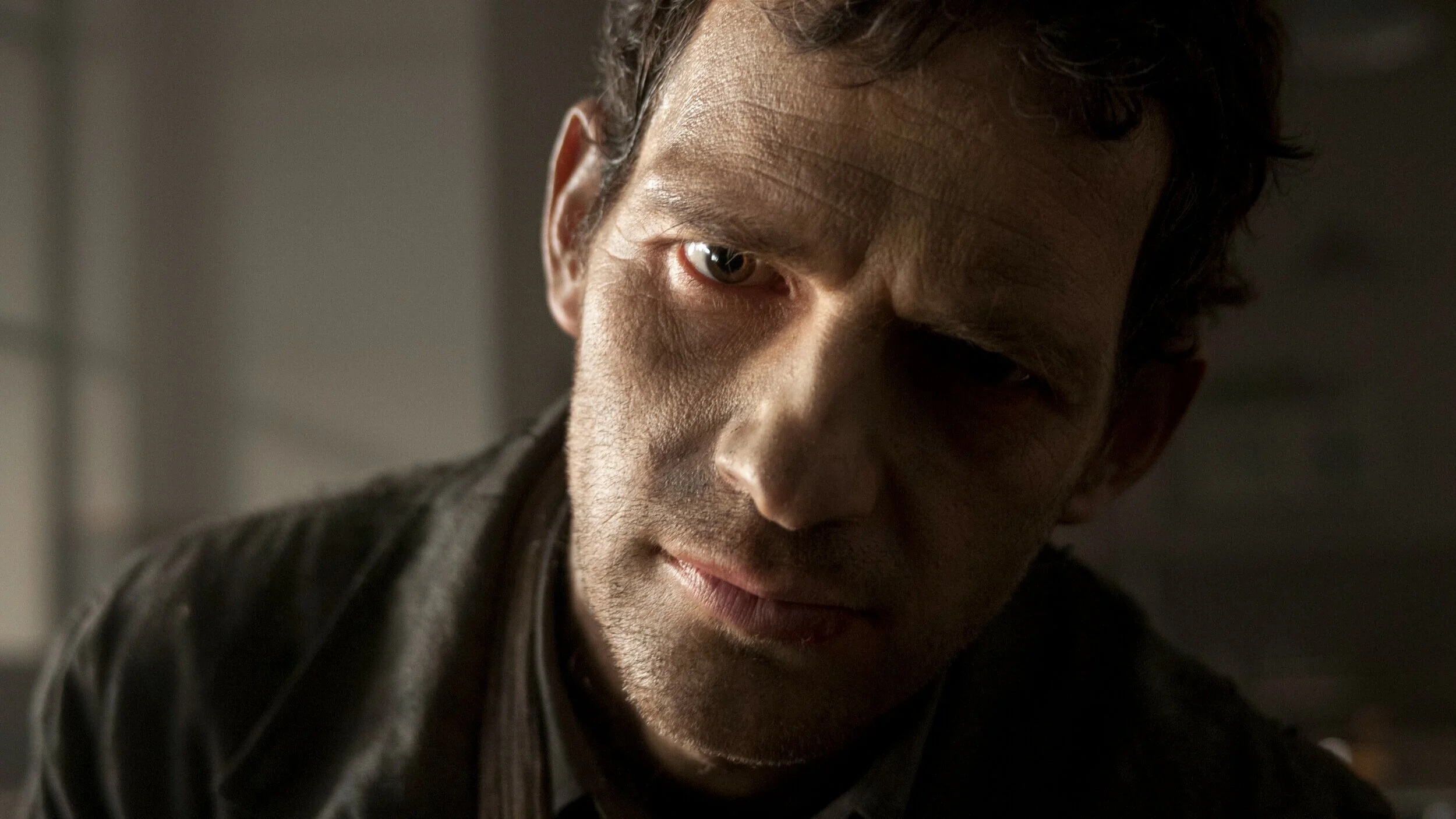Son of Saul
Winner of the Oscar for best foreign language film, this Hungarian drama offers an original perspective on the horrors of methodical extermination.
How do you make a film about the Holocaust that’s never been made before? You play down the horror. The power that lies at the heart of László Nemes' Oscar-winning film is its portrayal of the matter-of-factness of evil. Saul Ausländer (Géza Röhrig) is a Hungarian Jew in Auschwitz who is hanging onto a handful of extra months of life by working as a Sonderkommando, a gas chamber navvy. He is assigned a multitude of tasks, from collecting the prisoners’ clothes to clearing up the vomit from the chambers to shovelling the bodies’ ashes into the river.
All this is relayed peripherally, as the camera never pulls away from Saul’s head. Consequently, much of the action is out-of-focus, while Saul himself seems deprived of emotion. As his days are increasingly crammed with routine, rigorous motion and narcotic tedium, he has become numb to the horror around him.
As the film proceeds, László Nemes replaces the off-camera sounds of body blows with that of gun shots and speeds up the desperate activity of the Sonderkommandos. Thus, Auschwitz begins to resemble an agitated ants’ nest: there just never seems to be enough time to get everything done. As more and more prisoners stream into the camp, the logistics of processing them becomes progressively insurmountable. The gas chambers are always full, so the influx of new inmates are summarily stripped, shot and kicked into giant pits.
In amongst all this bedlam Saul’s own story gradually unfolds, snatched at intervals from the constant commotion. A naked boy is retrieved from the chambers and is still breathing. Saul recognises him and what follows is so perfunctory and yet so awful that it’s almost unbearable to comprehend. A Hollywood film would have showcased the scene and brought in a full orchestra, but Nemes – whose first feature this is – throws the moment away, trusting the intelligence of his audience.
The impact of Son of Saul is not what it shows – and it shows enough – but what it doesn’t. And so Nemes plucks at the imagination like a virtuoso extracting an étude from a violin. It’s a highly original approach, and reaps dividends. However, the film is not merely about the mundanity of sin – it’s also about how we deal with it. It even asks at what point do the dead become more important than the living? And as such, Son of Saul ends up being one of the greatest films about parenthood ever made.
JAMES CAMERON-WILSON
Cast: Géza Röhrig, Levente Molnár, Urs Rechn, Sándor Zsótér.
Dir László Nemes, Pro Gábor Sipos and Gábor Rajna, Screenplay László Nemes and Clara Royer, Ph Mátyás Erdély, Pro Des László Rajk, Ed Matthieu Taponier, Music László Melis, Costumes Edit Szücs.
Hungarian National Film Fund/Laokoon Film Arts/Laokoon Filmgroup-Artificial Eye.
107 mins. Hungary. 2015. Rel: 29 April 2016. Cert. 15.


